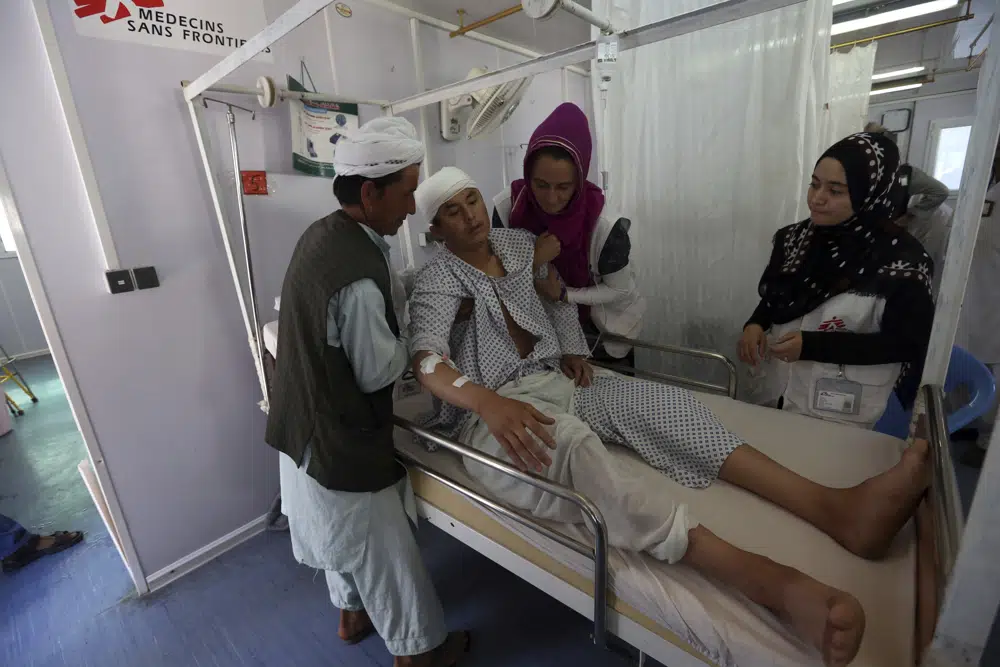

Even before the Taliban barred Afghan women from working at non-governmental groups, their forces visited the office of one local organization in the capital Kabul several times to check female staff was obeying rules on dress codes and gender segregation.
Already, the women in the office had been extra careful, hoping to avoid problems with the Taliban. They wore long clothes and masks along with the Islamic headscarf and stayed separate from male co-workers in the workspace and at meals, one female NGO employee said.
“We even changed our office arrival and departure times because we didn’t want to be followed” by the Taliban, she said, speaking on the condition her name, job title, and the name of her organization not be used for fear of reprisals.
That wasn’t enough. On Saturday, Taliban authorities announced the exclusion of women from NGOs, allegedly because they weren’t wearing the headscarf, or hijab, correctly.
The move prompted international aid agencies to halt operations in Afghanistan, raising the possibility that millions of people will be left without food, education, health care, and other critical services during the harsh winter months.